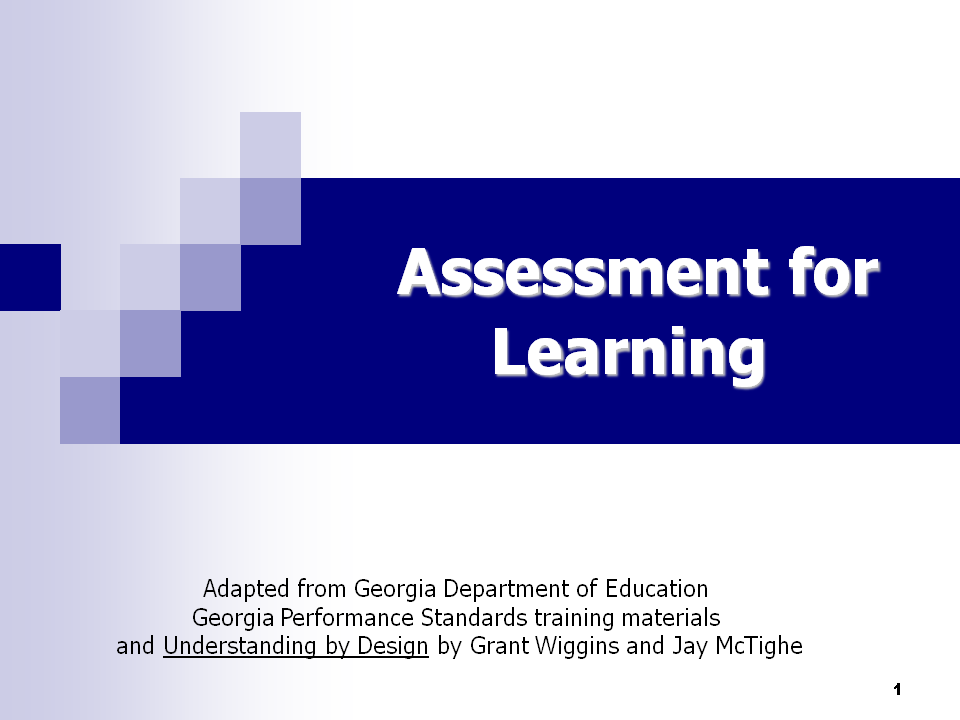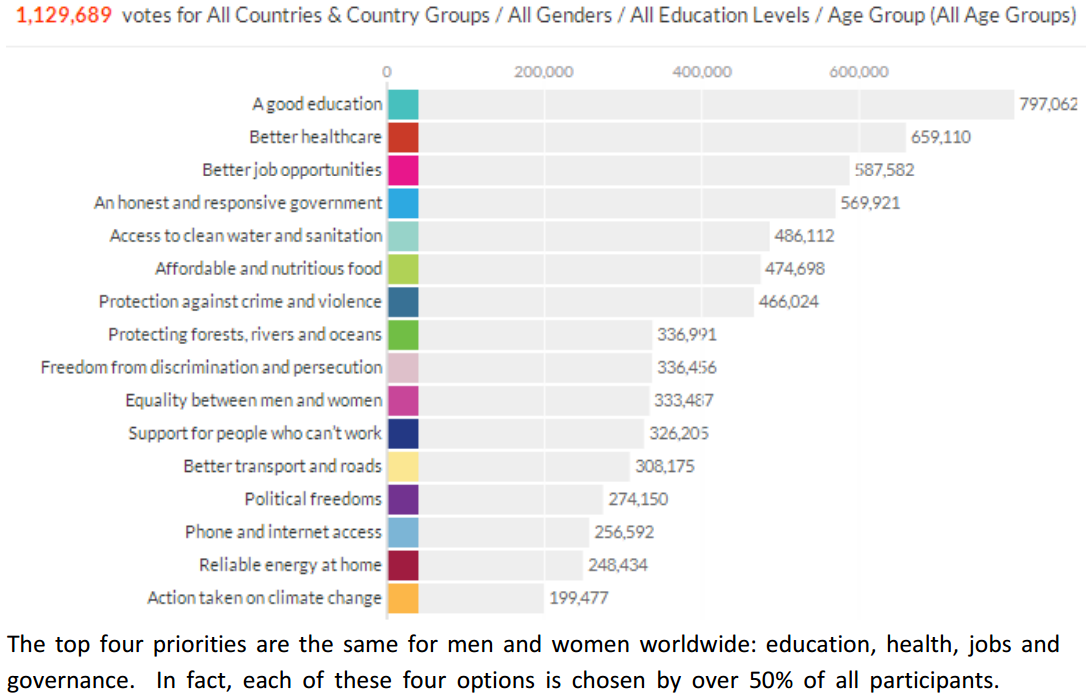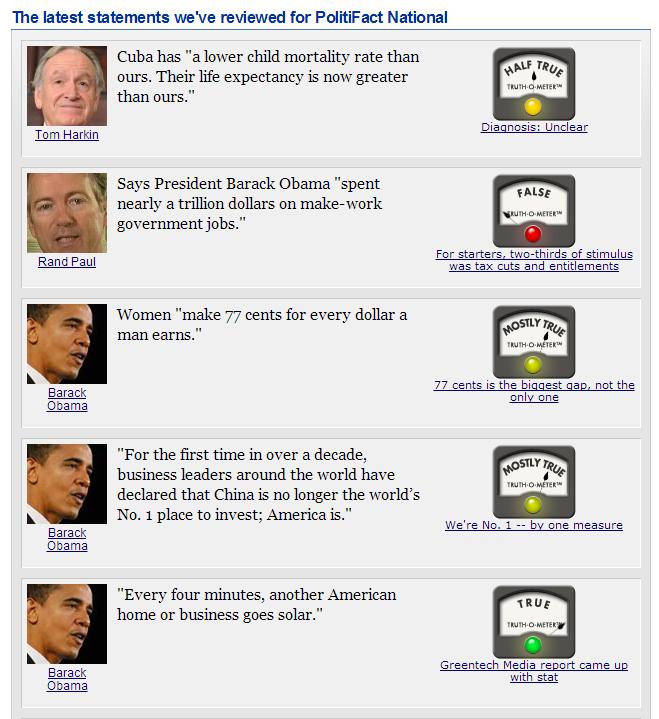G.P.A.'s and Test Scores Are Worthless....

It is common nowadays to stumble upon something that is patently false. Still, these wrong ideas capture headlines. It only shows how critical the public really is. Take, for example, the statement made by Google's senior vice president of people operations, Laszlo Bock: "G.P.A.’s are worthless as a criteria for hiring, and test scores are worthless. ... We found that they don’t predict anything." This is one of the many grossly misleading statements out there and this particular one has been recently resurrected by Thomas Friedman in his New York Times column. Bock's conclusion can not be possibly justified by the data (Google's employees' G.P.A.'s, test scores, and performance) for one simple reason: It comes from only one company, Google. I could likewise claim that scores in the SAT or G.P.A. do not correlate with a student's performance at Georgetown University. Both, unfortunately, are misleading. Georgetown university is highly selective in ...







